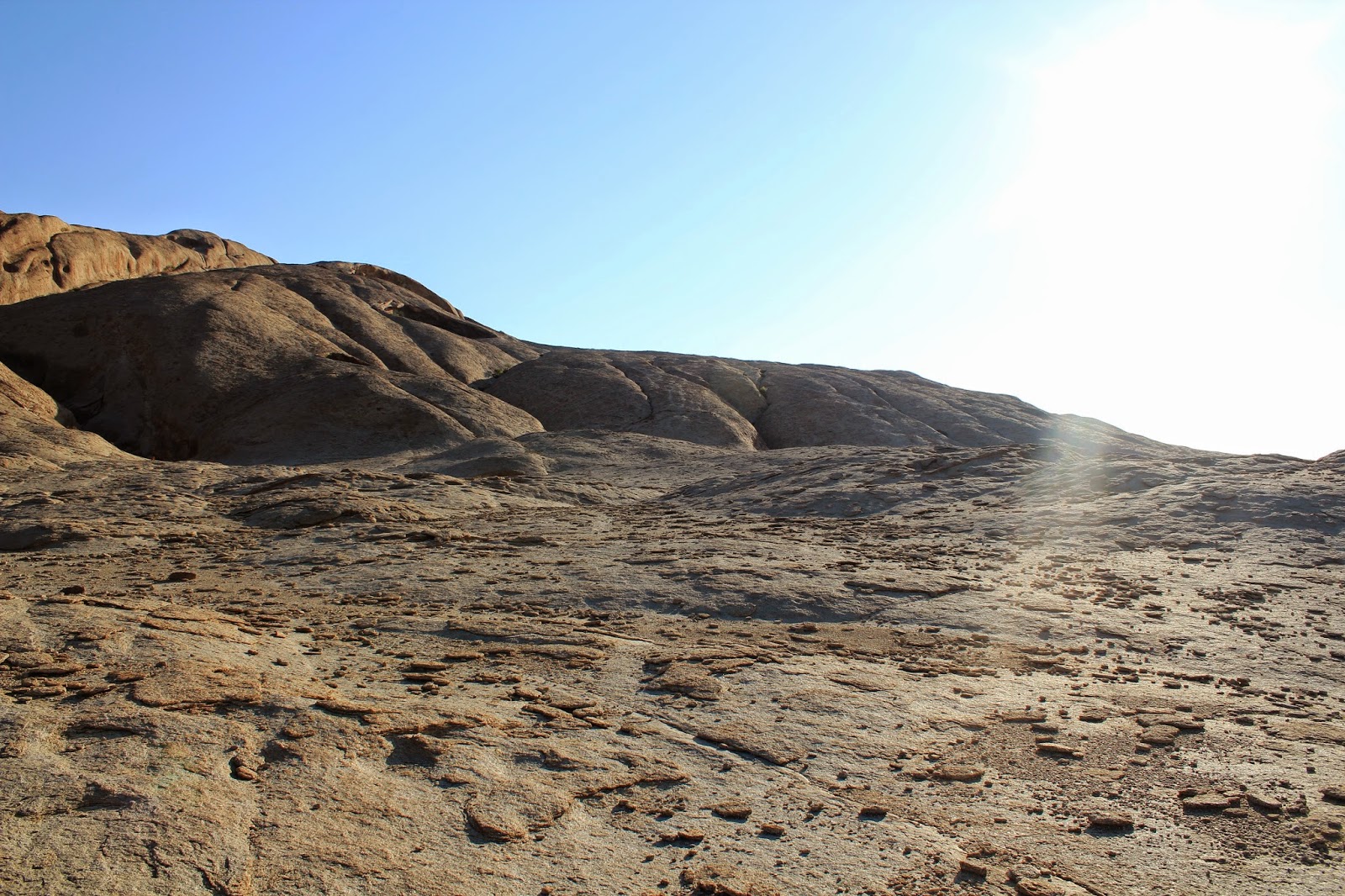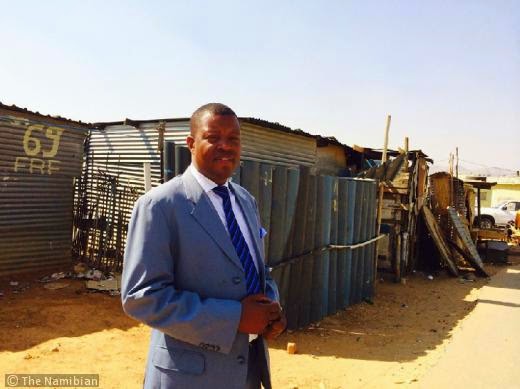Introduction to Name-ology - What is in a name?
Let me start this here piece of
writing off with a wee humorous comment (Insert Scottish accent). “Life is full
of surprises, and they’re usually Zimbabwean,” says Khaya Dlanga, marketing guy
for Coca Cola South Africa and a known person on South African social networks.
Zimbabwe is also full of Blessings, Hastings and even Settlement’s. In Zimbabwe
Lovemore has a brother named God-knows, Innocent is clever, Clever is innocent
(See what I did there?) and Excellence has a sister named Progress. In case you
didn’t get the joke, those are all first names. So I pose the question, what is
in a name? Do you even know what your name means?
In Namibia, John John is the same
person, Paul is Simon’s last name and Gertrude is not the name of a vegetable.
I don’t know how they do it in Zimbabwe but Name-ology in Namibia is very
simple. Name-ology is the study of how names are assigned to individuals, in
case you were wondering. I know what you’re thinking, Name-ology, that’s
totally fictional and made up? And you would be right, but doesn’t it sound
cool?
So shall we be begin the first
class of introduction to Namibian Name-ology? Okay, let’s rock and roll. The
easiest thing to do would be to just take a name out of the bible, that’s how
we ended up with people with first name for last names, like Ester Paulus and
Petrus Johannes (Ester Paul and Peter John). A lot of parents really don’t have
time and some aren’t really blessed with creative brain cells, so the bible is
and will continue to be an inexhaustible source of names. Oshiwambo speaking
people (Owambo) are particularly guilty of name snatching from the bible. That’s
the reason why Maria is the most common female name in Namibia, if it’s not her
first name then it’s her middle name e.g. Anna Maria.
The other trend is to name
children after emotions and state of minds during the child’s birth, this is
also used extensively by the Otjiherero speaking people (Ovaherero). It’s great
because a large percentage of these type of names are unisex and some can be
adapted to the baby’s sex. That is how you end up with kids named
Angula/Nangula (morning), Amutenya/Namutenya (Afternoon), Uusiku/Nuusiku
(Night), Ndatega (I waited), Ndapandula (Thank you/Grace), Ndapewa (I was
given), Magano (Gift), Ndapanda (Happy/Delighted), Liinekela (Trust) and
Tshuuveni (Hear it). Usually the Otjiherero language names are longer e.g.
Uetuzemburukisa (You made us remember). The irony in that last name, how can
anyone remember a name that long?
If you hear a fancy name like
Llewellyn, Neville, Jonathan or Rowen, then best believe that the individual is
from Rehoboth or Keetmanshoop (South Central and Southern Namibia). They also
have this trend of giving girls two first names e.g. Sasha-Lee, Kay-Lee,
Cindy-Lee or Anna-Marie (Cape coloureds in South Africa also do the same).
If you hear a fancy English name
like Hopkins, Austin, Oliver or Wellington, then you are dealing with an
Individual from the North East of Namibia from the Okavango and Zambezi
regions. You will notice because the Vernacular will suddenly become very loud
and very fast.
Then there are those weird Namibian
parents who just go totally crazy and name their kids Kosovo, Moscow and
Berlin, the Irony is most of these kids will never ever go to these places. In Europe
it’s the opposite, a kid named Paris was most likely conceived in Paris. The
weirdest name I have seen thus far in my short existence is ‘Twenty one March
Ninety’, I kid you not. There is a girl out there with that name on her
identity card, they should have just called her Indepence (See what I did there?).
As the world advances and
globalization spreads like a rash, you will find strange things. These days
parents give their kids weird names. But what do you expect when these young
people get their parenting advice from ‘Keep up with the Kardashians’. Don’t be
surprised if you come across a kid name South-East or named after a fruit, life
is hard enough without having a name that makes you a bully’s prime target. In
the old days, the parents would decide on a first name and then the
grandparents or an elder (uncle or aunt) would add a second name. That’s how you
end up with a kid whose first name is Alexander and his middle name is Pombili
(At peace).
Before I sign out, let me explain
my name (s). The government knows me as Filemon, family members over the age of
35 call me Tshalimba, my childhood friends know me as Malima and now everyone
knows me by my pen name Filemon-Fly. There are two versions, the first one is
simple. If you glance quickly at the bible, you’ll notice there’s a book of
Philemon in the Old Testament. But why is my name spelled with an F? One word.
Home affairs (Okay, two words), someone probably made a typo (This version is
closest to the truth). The second version is that I was named after Filemon
Malima, Namibia’s first minister of defence. But when I was born Namibia did
not exist as a country, it was still South West Africa and colonized by
Apartheid South Africa (This version is false). However, my childhood nickname
does come from the first minister of Defence’s surname. They called me minister
when I was young, people had high hopes for me, and if they only knew that I
ended as the guy who writes sarcastic drivel in his spare time. I doubt that I
will follow my namesake into politics, I am not even sure if I will vote in the
next election. FYI, Tshalimba was my paternal grandmother’s name. Yes, I am
named after a woman, trilobite me! Earth scientists will get that last joke.
Anyways, that is the end of this
lesson, you’re welcome. Till next time, stay out of trouble.


Trilobite me! lag, this is awesome. Keep it up
ReplyDelete